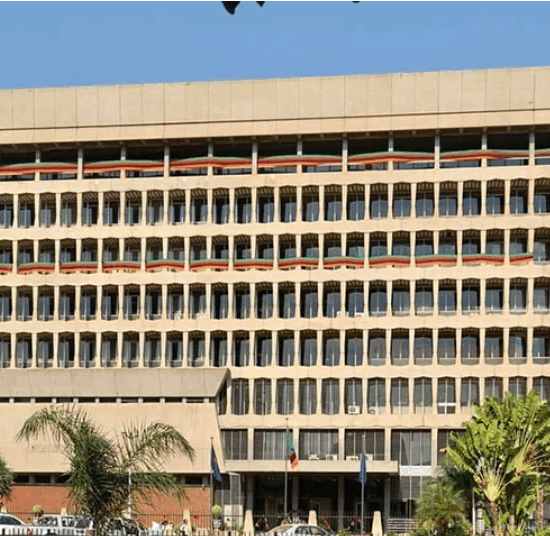
Prominent economist Professor Oliver Saasa has stated that the establishment of the K8 billion (about US$444 million) COVID-19 bond is a positive move provided proper assessments on how the funds will be applied has been conducted.
Prof Saasa stated that there is need for clarity as to which sectors the funds will be disbursed to, to ensure sufficient return is attained after investments. Otherwise, the country risks increasing its debt stock even further.
The Zambian government’s highest decision making organ (Cabinet) had on June 22, 2020 approved in principle the establishment of a K8 billion economic stimulus package that will be financed through the issuance of the COVID-19 bond.
The bond proceeds are expected to be utilized to settle outstanding payments to local contractors, suppliers and retirees which is projected to result in injecting liquidity into the local economy after the slow down on following the COVID 19 restrictions.
Prof. Saasa has since advised that the application of funds be prioritized to local Zambian contractors and suppliers, saying the industry has been unable to access financing that is needed to expand and retain their labor force due to the delayed processes of dismantling of domestic arrears.
He told the Zambian Business Times – ZBT in an exclusive interview that access to finance by most local companies, many of which are Small and Medium Enterprises – SME’s has been a big challenge as some companies have failed to service their bank loans, hence chances of borrowing or extending their credit lines from banks and other financial institutions are slim.
He noted that the historical challenge of implementation continues, there has been a gap between what the government commits to deliver and the follow through to ensure that what was committed is actually implemented and delivered.
Prof Saasa stated that he is hopeful that the established local bond will be applied prudently and correctly, as local contractors and suppliers are the engines of economic growth in Zambia.
“The move to pay down the domestic debt is important, however implementation is an issue, we must also know that bonds are borrowings, therefore if the money has not been carefully planned for, it will increase domestic borrowing levels and this will adversely affect the country’s economy even more,”
“Government should therefore apply proper assessment on how the money will be applied and not getting money first, then look for programs. Proper assessments and application of funds would avoid future debt restructuring which becomes very expensive, this is a challenge we have had for many years and needs to be rooted out,” he added.







